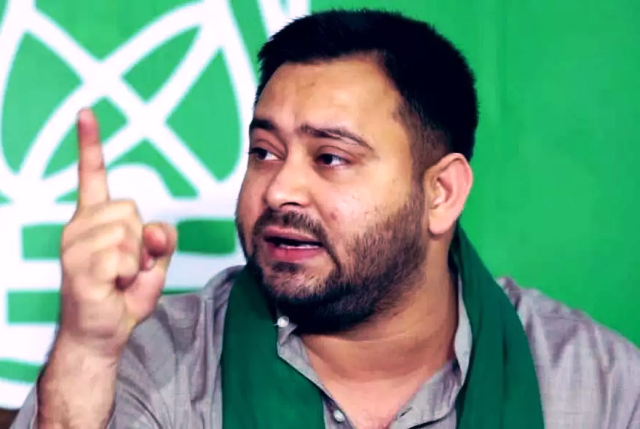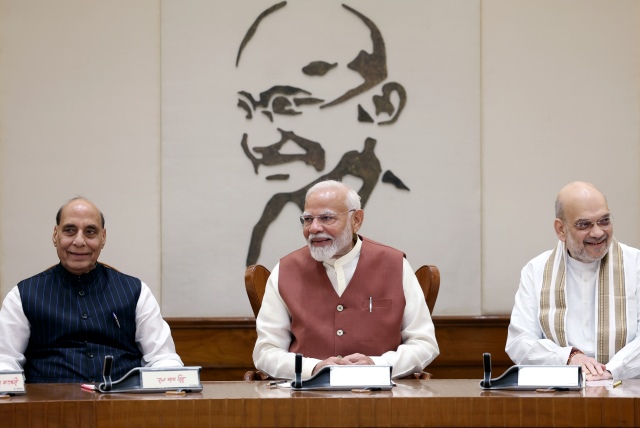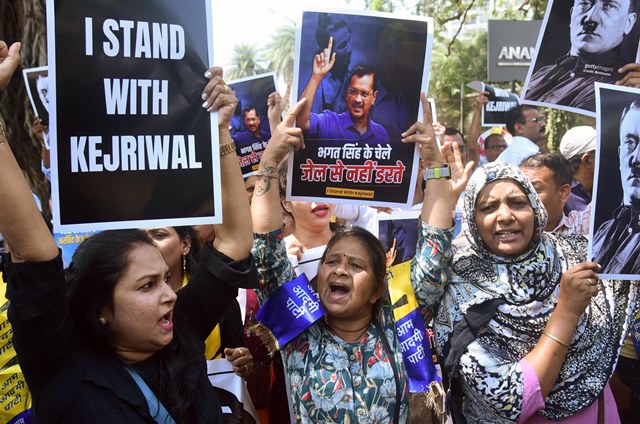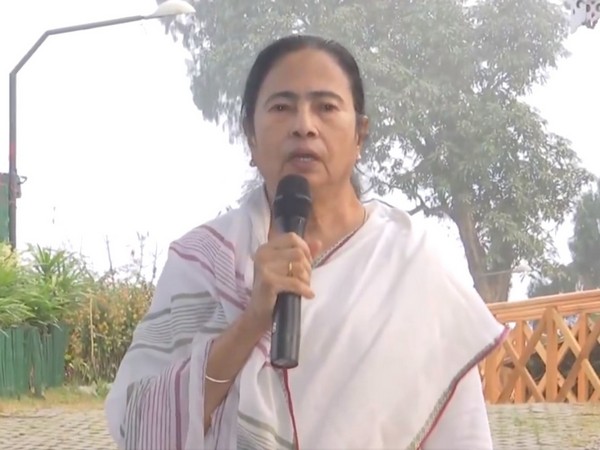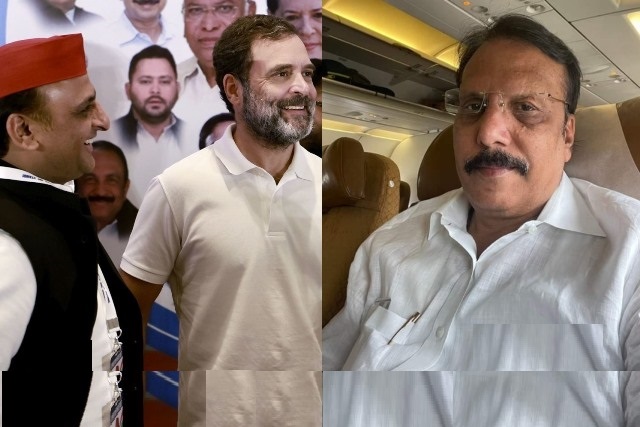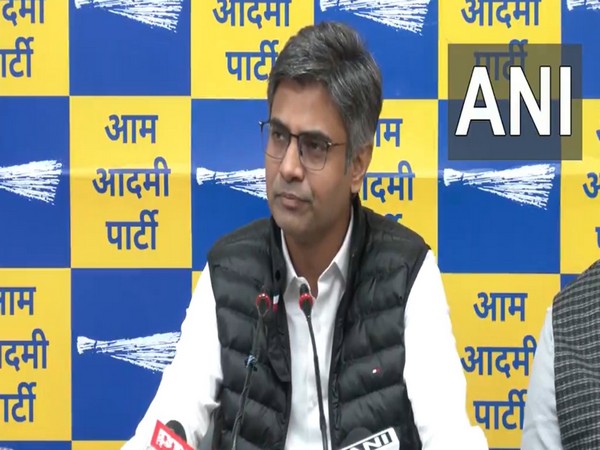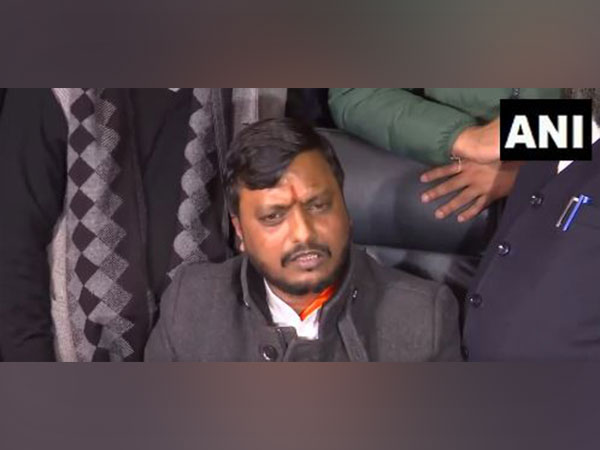The Grand Alliance (Mahagathbandhan) has finally declared Tejashwi Yadav as its chief ministerial candidate for the upcoming Bihar Assembly elections. The decision came after prolonged deliberations and internal tussles, mainly over seat-sharing between the Congress and the Rashtriya Janata Dal (RJD).
The last leg of discussion was between senior Congress leader Ashok Gehlot and RJD patriarch Lalu Prasad Yadav. Announcement of the name of Tejashwi Yadav by Gehlot has provided ammunition to the campaign which was looking to be running out of fuel for some time.
The consensus on Tejashwi Yadav’s name has for sure sent out a message of unity among the INDIAlliance partner parties, which form the Mahagathbandhan in Bihar. The focus for the past few days had remained on the Congress and the RJD, as the real contention lay between them over seat distribution and the chief ministerial post.
The delay in the announcement had increased uncertainty within the alliance. A few days earlier, Mukesh Sahani had remarked that the alliance was “a little unwell,” indicating internal disagreements.
Although the Congress never directly opposed Tejashwi’s candidature, it also refrained from openly endorsing him. In fact, people in Bihar had already assumed that Tejashwi would be the face of the alliance — the official announcement was seen as a mere formality.
One major reason for the delay was Congress’s demand for a larger and more winnable share of seats. In the previous Assembly election, Congress contested 70 seats but managed to win only 19. This time, the party wanted both a better seat share and stronger constituencies, which prolonged the negotiations. Eventually, the partners agreed that projecting unity under Tejashwi’s leadership was crucial to avoid losing political momentum.
Still, there may be some instances of “friendly fights,” where allies may contest against each other in a few constituencies with mutual understanding. Nevertheless by finalizing its CM face, the Grand Alliance has attempted to catch up with the NDA, which had gained an early edge by announcing its seat-sharing arrangement.
Incidentally, this is the first election in two decades where Nitish Kumar, although leading the NDA campaign, is not projected as its chief ministerial face. The Grand Alliance hopes that declaring a clear leader will help them put pressure on the NDA.
This election is unique in several ways. While Nitish Kumar’s government has been making a series of promises and policy announcements, Tejashwi Yadav has also rolled out an array of assurances to the electorate. The Grand Alliance’s manifesto, scheduled for release on October 28, after the Chhath festivities, is expected to feature several major promises.
Although, as mentioned earlier, some friction still persists between the Congress and the RJD over seat-sharing, the alliance has managed to present a united front. Mukesh Sahani’s earlier remarks had hinted at tensions, but the final consensus on Tejashwi’s name marks a major forward move for the Grand Alliance both symbolically and strategically, as it conveys an image of cohesion to the electorate.
On the other hand, while the NDA has already announced its seat allocations, it has refrained from naming any single CM candidate. This is a significant shift since Nitish Kumar has been the face of the alliance for nearly twenty years. By naming Tejashwi as their chief ministerial face, the Grand Alliance has tried to mount psychological and political pressure on the NDA.
The Bihar election this time holds exceptional significance. Both sides are competing through promises and programs — with Nitish Kumar banking on governance and continuity, and Tejashwi Yadav appealing to aspirations and change. The upcoming manifesto on October 28 is likely to outline Tejashwi’s vision for Bihar.
The key question now is: which set of promises will the people of Bihar trust — and who will emerge as the next Chief Minister?
(The writer is an established Author, Academic and President of the Centre for Reforms, Development & Justice)
